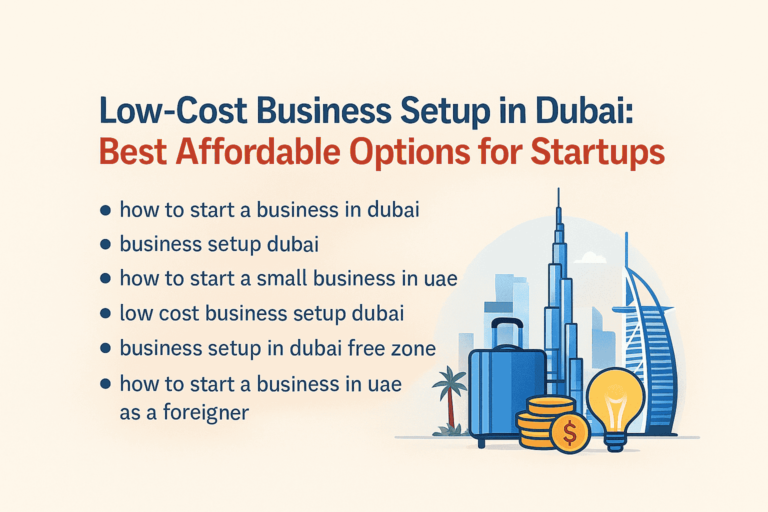
business, chart, graph, growth, success, analysis, diagram, digital, finance, investment. close up to hand of businessman, use pen to draw bar chart from investment, then analysis that's diagram.
Starting or expanding a business requires capital, and securing funding can be one of the most challenging aspects for any entrepreneur. While investors can be a great source of financial backing, there are aspects of the funding process that they don’t always reveal upfront. In this article, we’ll uncover some shocking facts about business funding that you won’t hear from most investors.
1. Investors Want More Control Than You Think
One of the most surprising facts about business funding is that investors often seek more control than entrepreneurs realize. While they offer financial support, they may also expect a significant say in how the business is run. In some cases, investors may request a seat on the board or demand veto power over key decisions. This control can sometimes clash with the founder’s vision, leading to tensions or even changes in the company’s direction.
Investors typically want to minimize their risk, and to do so, they will want to oversee operations closely. Entrepreneurs who want complete autonomy should be aware of the trade-offs before accepting investor funds.
2. The Numbers You Present Aren’t Always the Deciding Factor
Entrepreneurs often believe that solid financial projections and a good business plan are all they need to win over investors. However, this isn’t always the case. Investors don’t just look at the numbers; they focus on the team behind the business, the product’s scalability, and the industry’s potential for growth. Even if your financials are solid, if an investor doesn’t believe in your ability to execute or sees flaws in your team’s structure, they may pass on funding.
What’s even more shocking is that in many cases, investors bet on the people rather than the business itself. They want to know if the founders have the grit, resilience, and adaptability to steer the company through rough waters. So, a great business idea might get rejected if the investor isn’t confident in the team behind it.
3. Due Diligence Takes Longer Than You Expect
Another surprising aspect of securing funding is how long the due diligence process can take. Once you’ve secured interest from an investor, you may think the money will come in quickly. However, the process can drag on for months as investors conduct thorough investigations into your business, your team, and even your personal background.
During due diligence, investors will want to see proof of your claims, from customer contracts and financial statements to intellectual property details. This extensive process can cause delays that you may not have planned for, which could impact your business operations if you were counting on quick access to funds.
4. Investors Have Their Own Agendas
Many entrepreneurs think investors are solely focused on helping businesses succeed. However, investors often have their own agendas and priorities, which may not align with the company’s long-term vision. For example, some investors are only interested in quick returns and may push for strategies that maximize short-term gains, even if they compromise long-term growth.
This is especially true for venture capitalists and private equity firms, which often have a set timeline for when they expect to exit the business and realize a profit. If the entrepreneur’s vision involves a longer-term strategy or slower growth, conflicts can arise when investors start pushing for rapid scaling or other aggressive tactics.
5. You May Have to Give Up More Equity Than You Think
A common misconception among entrepreneurs is that they can retain a large portion of their company’s ownership while raising significant capital. However, many investors will demand a larger slice of the pie than you expect, especially if your business is in the early stages. In some cases, founders have had to give up over 50% of their equity to secure the funding they need.
What’s more, giving up equity isn’t just about ownership; it’s about decision-making power. The more equity you give away, the less control you have over the company’s future direction. Investors may have the power to outvote you on crucial decisions, leading to frustration if their priorities diverge from yours.
6. Your Business Isn’t the Only One They’re Investing In
Investors typically have multiple businesses in their portfolio, and your company is just one of many vying for their attention. While you may assume your business will be their top priority, the reality is that investors will focus on whichever of their investments shows the most potential for returns. If your business faces challenges or growth stalls, investors may shift their focus—and resources—elsewhere, leaving you feeling sidelined.
This can be particularly troubling when you’re relying on investor support for mentorship, guidance, or follow-on funding. If they lose interest, you could find yourself without the backup you were counting on.
7. Failure to Meet Milestones Can Lead to Losing Funding
One of the most shocking facts is that your access to capital may not be guaranteed even after you’ve secured an investor’s commitment. Many funding agreements come with conditions tied to performance milestones. If you fail to meet certain revenue targets, growth goals, or other key metrics, investors may withhold further rounds of funding or even pull out of the deal entirely.
This performance pressure can add another layer of stress, especially for early-stage companies trying to navigate uncertain markets. Entrepreneurs should carefully review their funding agreements and understand the milestones they are committing to before signing on the dotted line.
Conclusion
Business funding is a double-edged sword. While investors provide the much-needed capital to grow your business, they often bring along expectations, conditions, and agendas that can take entrepreneurs by surprise. Before jumping into a funding arrangement, it’s essential to understand the full scope of what you’re signing up for. By being aware of these hidden aspects, you can better negotiate terms and protect your vision for your business’s future.




